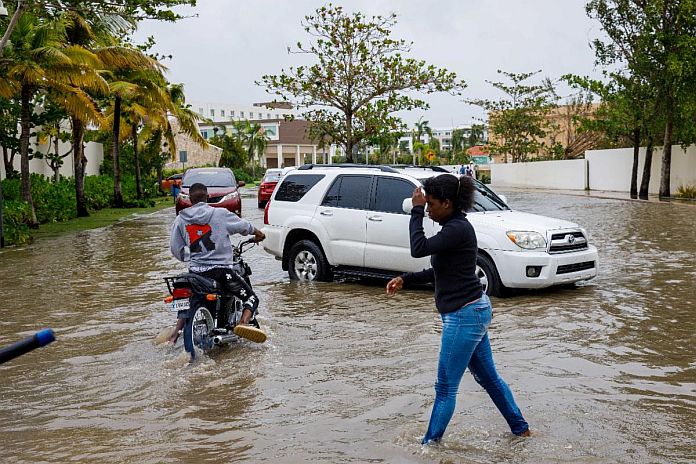BRIDGETOWN, Barbados – The Caribbean Development Bank (CDB) anticipates the poorest communities in its borrowing member countries to benefit from the disaster recovery relief provided by a Caribbean Water Utility Insurance Collective after approving a grant of USD650,000 to the CCRIF SPC (formerly the Caribbean Catastrophe Risk Insurance Facility) to finance data collection and risk modelling consultancy services to create parametric insurance products for water utilities.
CDB vice president of operations, Isaac Solomon, noted that mechanisms that can mitigate the adverse impacts of disasters, especially on the poorest and the most vulnerable populations, are needed and welcome.
“Water and wastewater services are essential post-disaster for response, recovery, and rehabilitation but most regional utilities that provide these services are unable to secure affordable individual insurance policies as part of their risk management strategy,” he said.
The Caribbean region is made up of numerous Small Island Developing States (SIDS) that are extremely susceptible to disasters, resulting in water loss and water scarcity. Loss of water can lead to health, safety, and sanitation issues in affected countries. The project activities will mean that countries in the region can make better decisions regarding including parametric insurance in their disaster risk financing strategies.
Caribbean ministers with responsibility for water in 2019 endorsed the findings of a study titled “Feasibility Study – Mutual for Caribbean Water Utility Companies”, which recommended the establishment of a Caribbean Water Utility Insurance Collective (CWUIC). The study recommended that CWUIC be established to help enable water utilities to access affordable insurance, that parametric insurance be offered to help facilitate rapid payouts based on triggers, and that the payouts be made directly to the utilities.
Solomon noted that the development of parametric risk insurance products for water utilities could help to build social resilience by supporting faster reconstruction.
“That is key to preventing people from falling into poverty traps that can magnify the impacts of disasters, such as the water shortages and lack of access to potable water that can place more stress and increase the workload of women, as the main caregivers in households,” said Solomon.
The project forms part of the bank’s strategic objectives of building environmental, financial, and social resilience and will be funded through the Special Funds Resources of the Special Development Fund. The total cost of the Project is just under USD 2 million.





